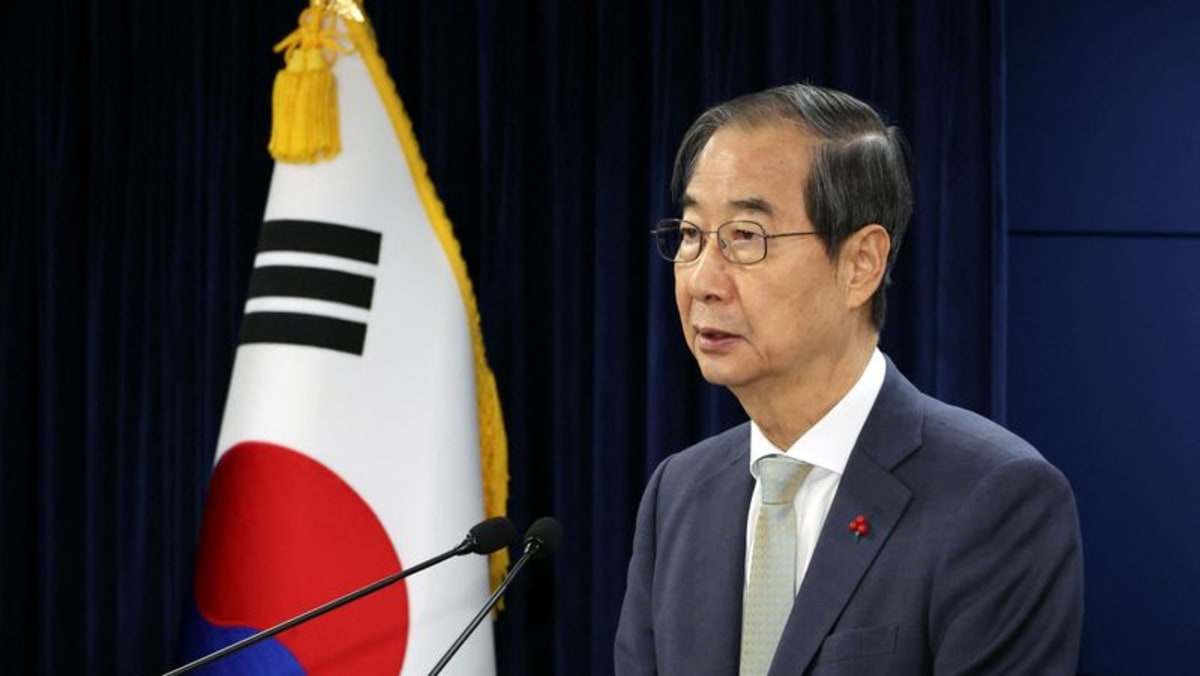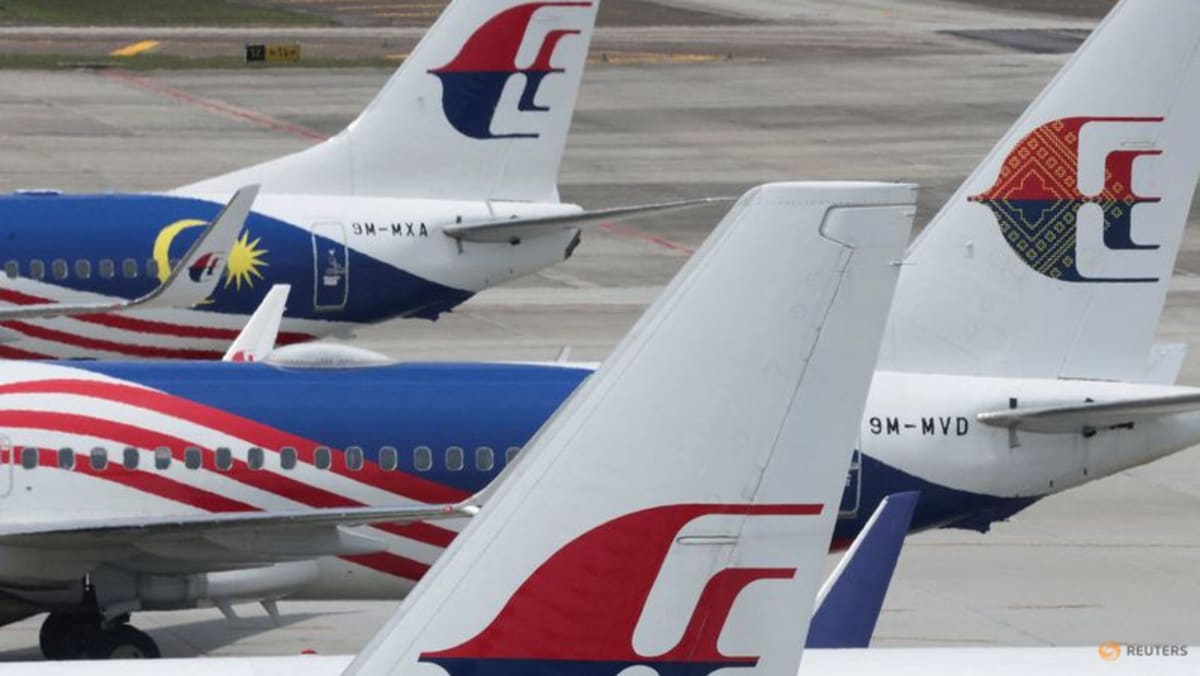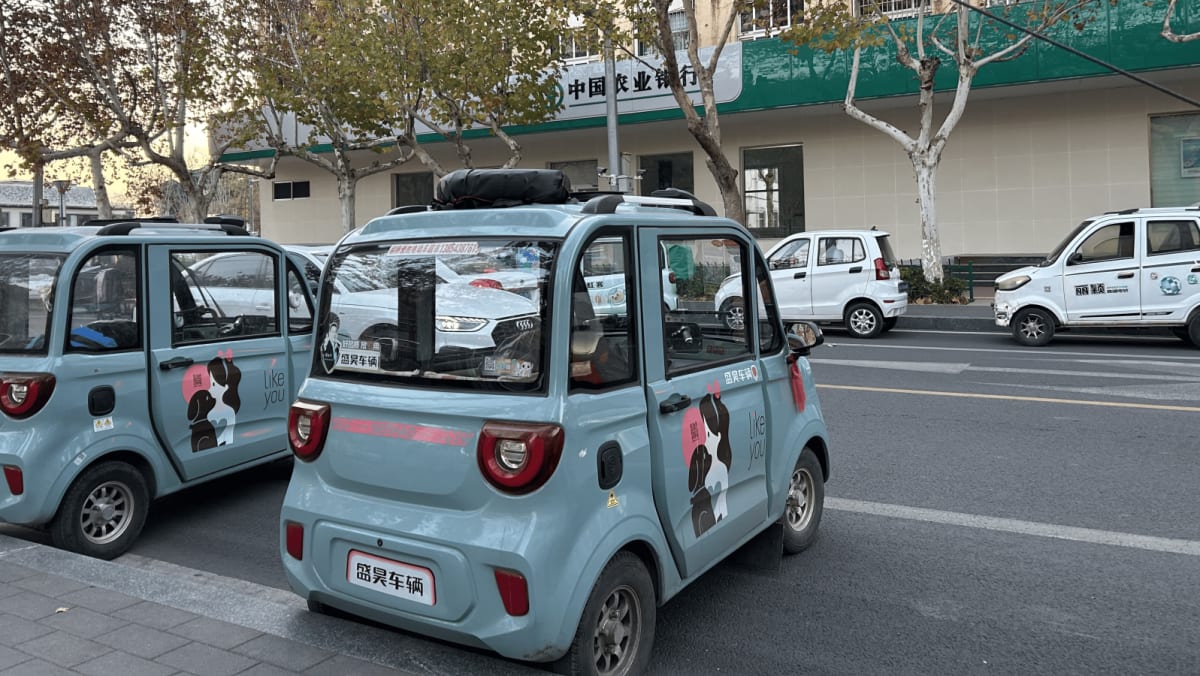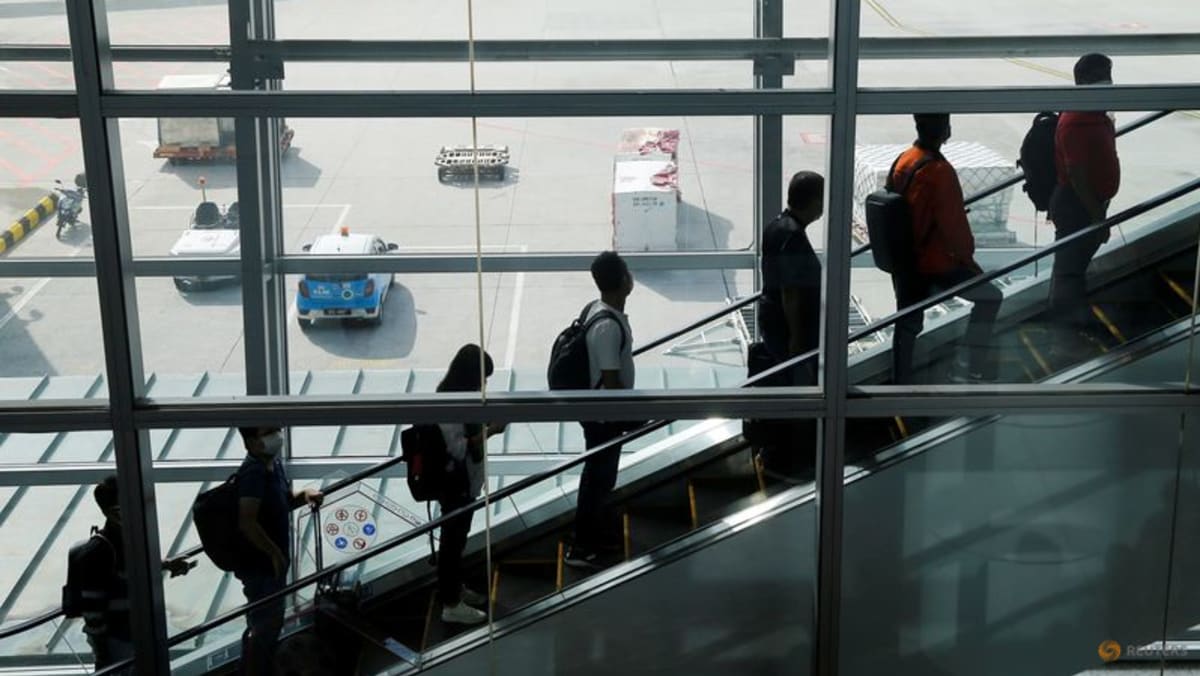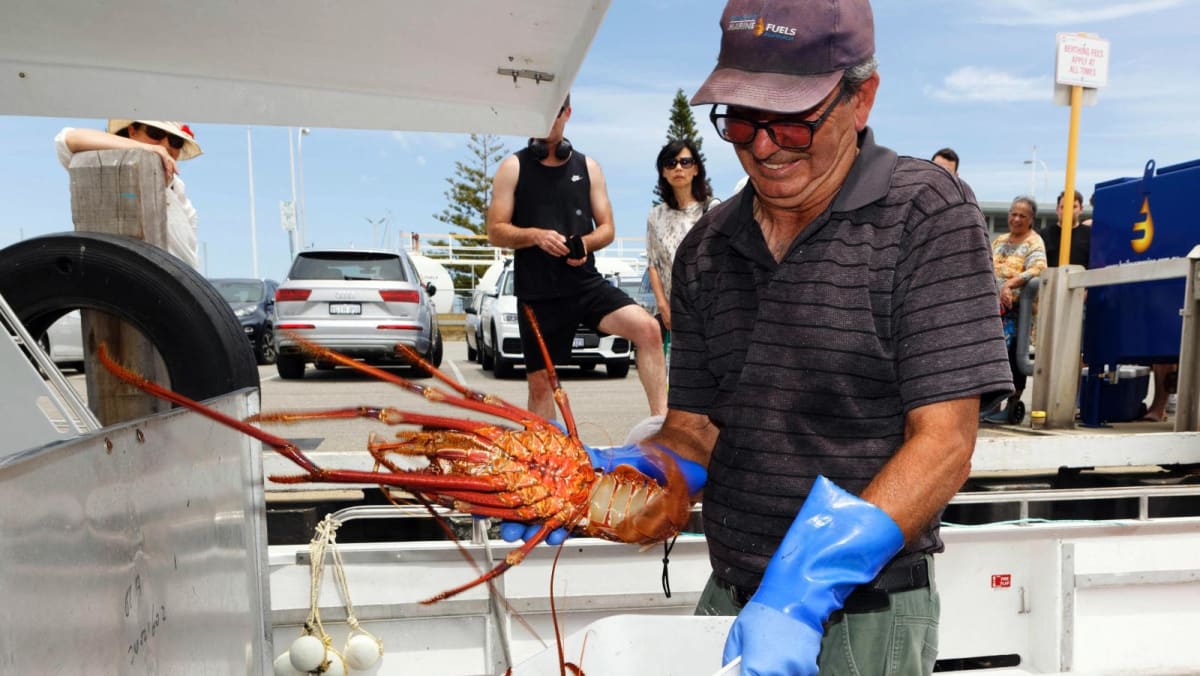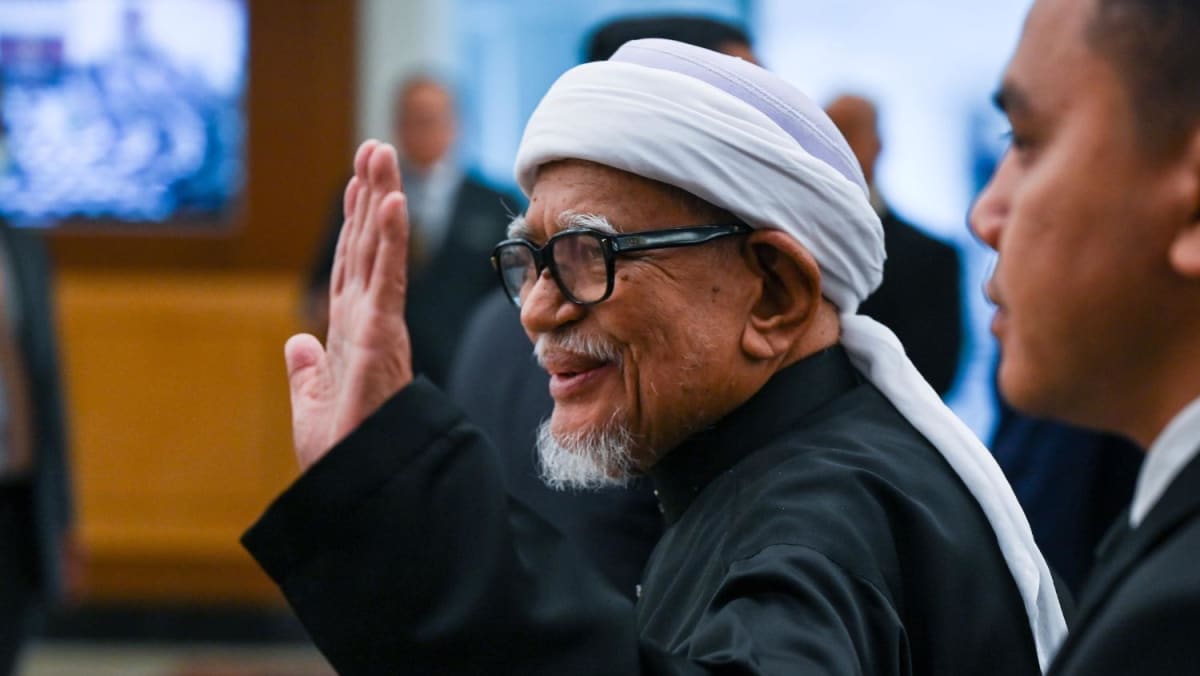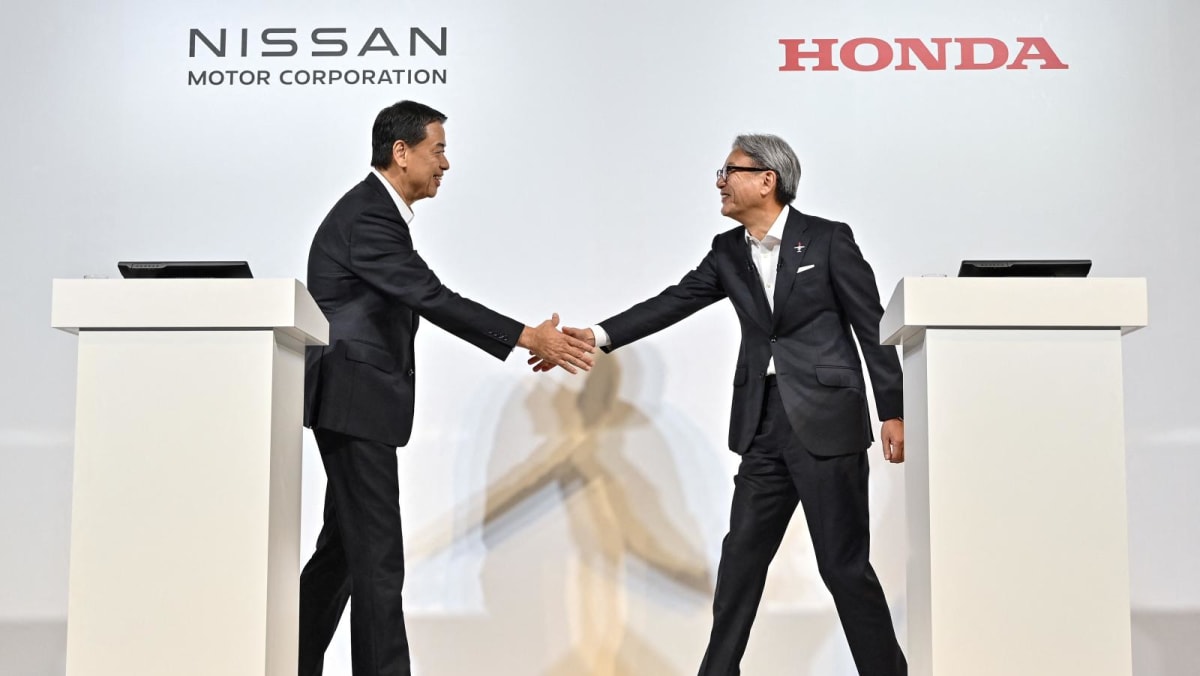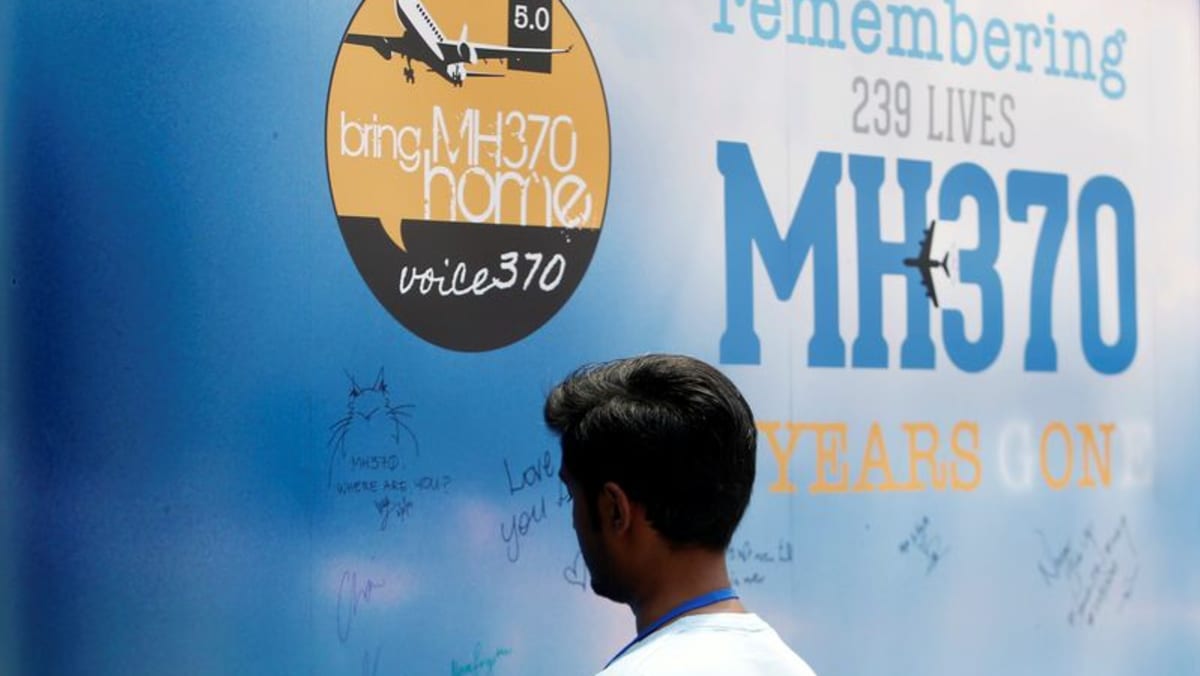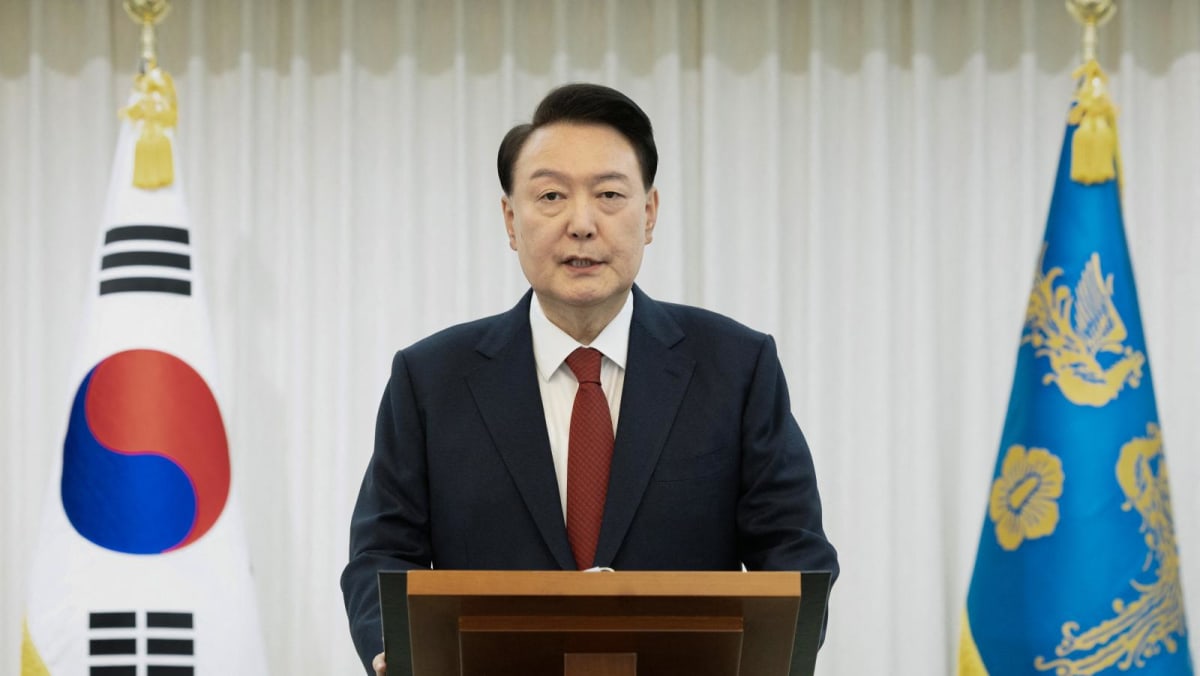Commentary: ASEAN shouldn’t have high expectations of new G7 climate club
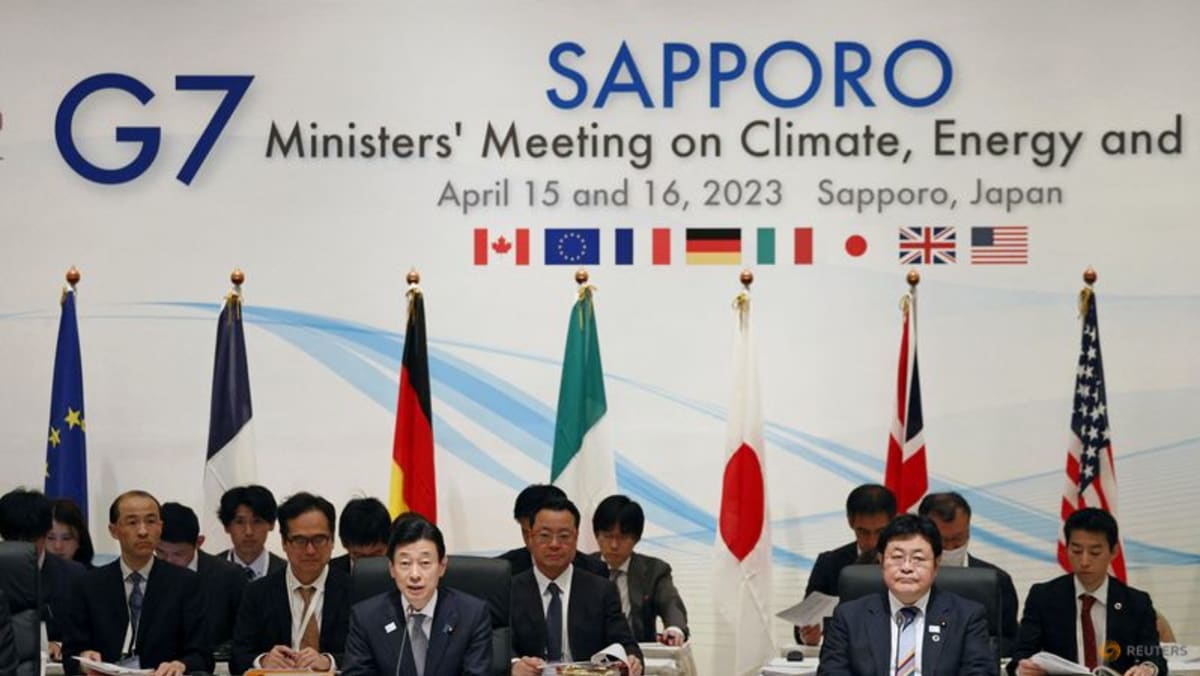
However, such voluntary clubs are often open to the free-riding problem mentioned above, making them less effective as climate governance mechanisms.
AMBIGUOUS ON MITIGATING FREE-RIDER CHALLENGE
It is unclear under which category of climate club the G7 initiative will fall into. The media release promotes this climate club as one that is “open, cooperative and inclusive” which will seek the participation of all major emitters, including developing countries.
Yet this does not explain how the G7’s initiative will mitigate the tricky free-rider challenge. One study by the Center for Climate and Energy Solutions (formerly the Pew Center on Global Climate Change), suggests that if the G7 climate club is too exclusive then it will alienate developing countries. On the other hand, if membership requirements are too lax, there will be no progress in global mitigation.
It is likely that as the G7 climate club takes shape, more defined membership requirements around environmental performance may develop. If one of the membership benefits is the provision of access to G7 markets, this may have important economic consequences for ASEAN.
Members of the G7 are some of the largest export markets for Indonesia, Thailand, Vietnam and other regional countries. The risk of losing access to export markets may encourage environmental action at the national level but it can also result in trade disputes such as the recent palm oil conflict between the EU versus Malaysia and Indonesia.
Overly stringent membership criteria may inadvertently drive ASEAN governments closer to less-regulated markets such as China, Russia and India, which are unlikely to demand that their trade partners follow similarly rigorous environmental standards.
Source: CNA


